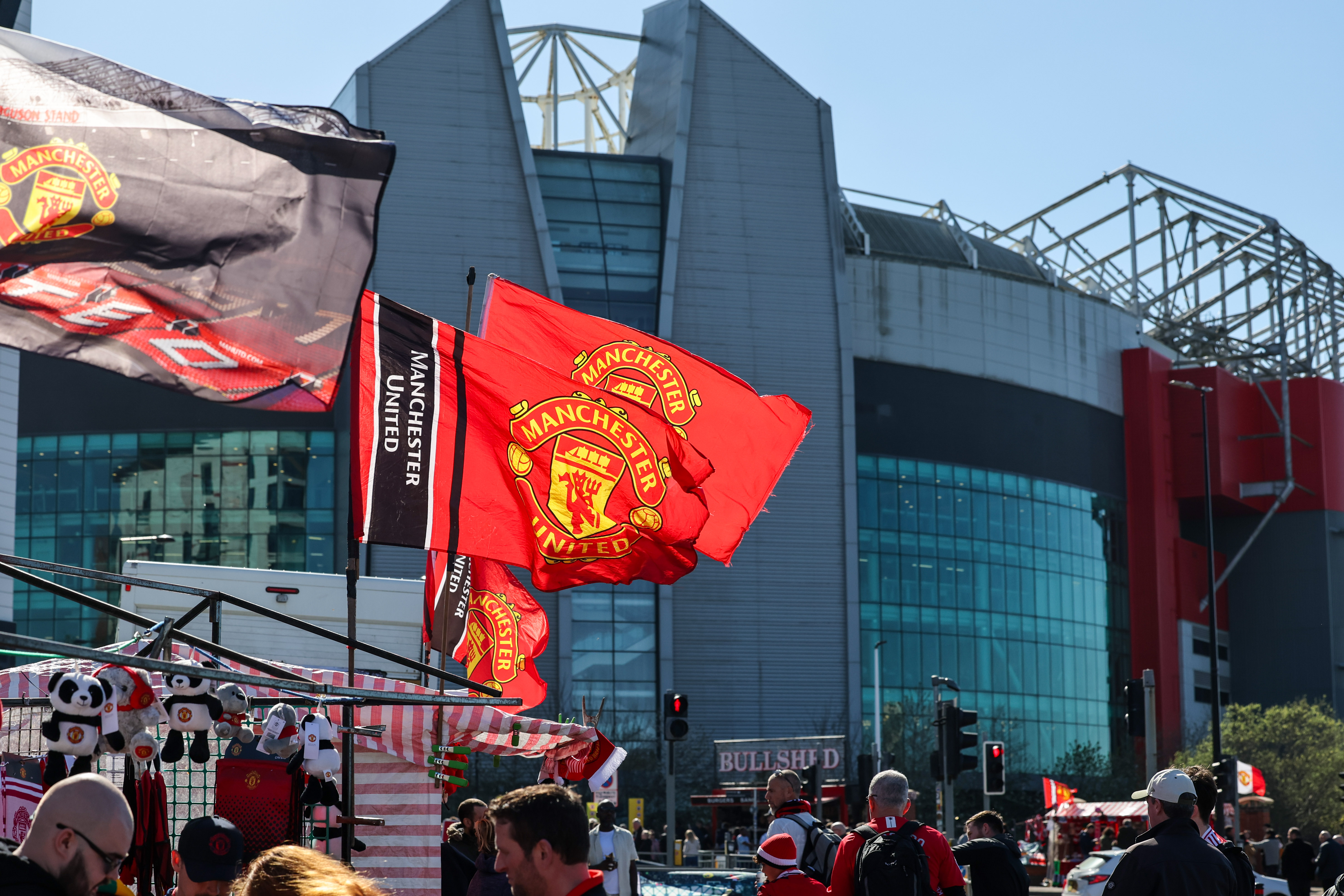They've won the cup (again), but now what? Five things Arsenal need to do
Jon Spurling earmarks strikers, steel and injury prevention as areas for improvement for Arsene Wenger...
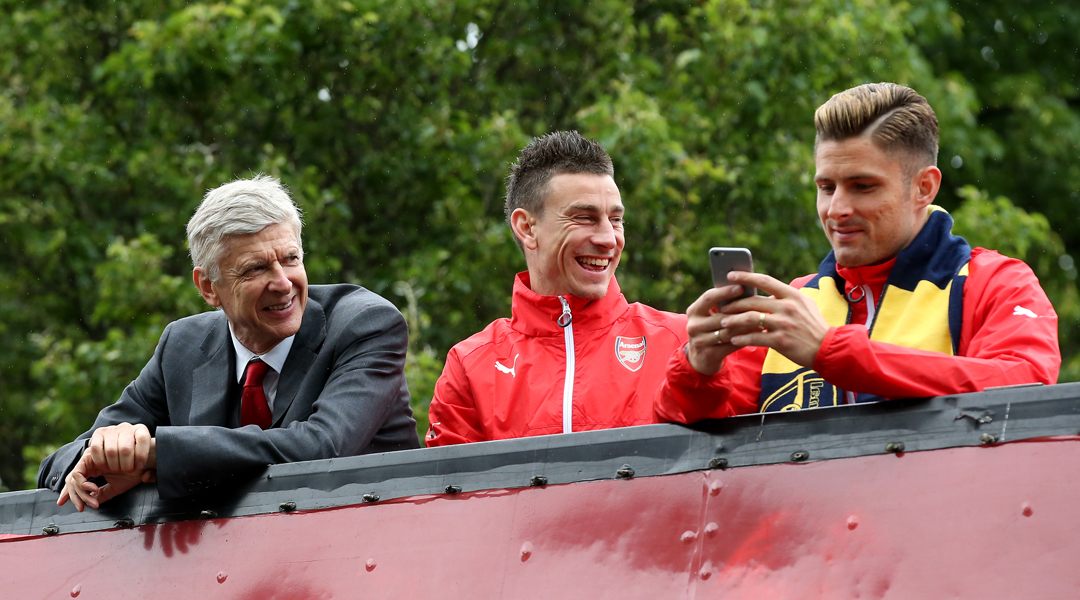
Arsenal wiped the floor with Aston Villa at Wembley on Saturday to secure back-to-back FA Cup wins, and already Arsene Wenger and his players are talking of a genuine Premier League title challenge next season – perhaps even a tilt at Champions League glory.
Yet despite an improved league position (if not a points tally), the potency of Alexis Sanchez and some wonderful attacking play, the Gunners finished a hefty 12 points behind Chelsea and were humbled at home against Monaco in Europe, going down 3-1 and crashing out in the last 16. There were also a couple of calamitous away days, after which a minority of fans called for Wenger’s head. So how do they ensure those events don't happen once again next season? Here's the Gunners' five steps for success...
Sign a new striker
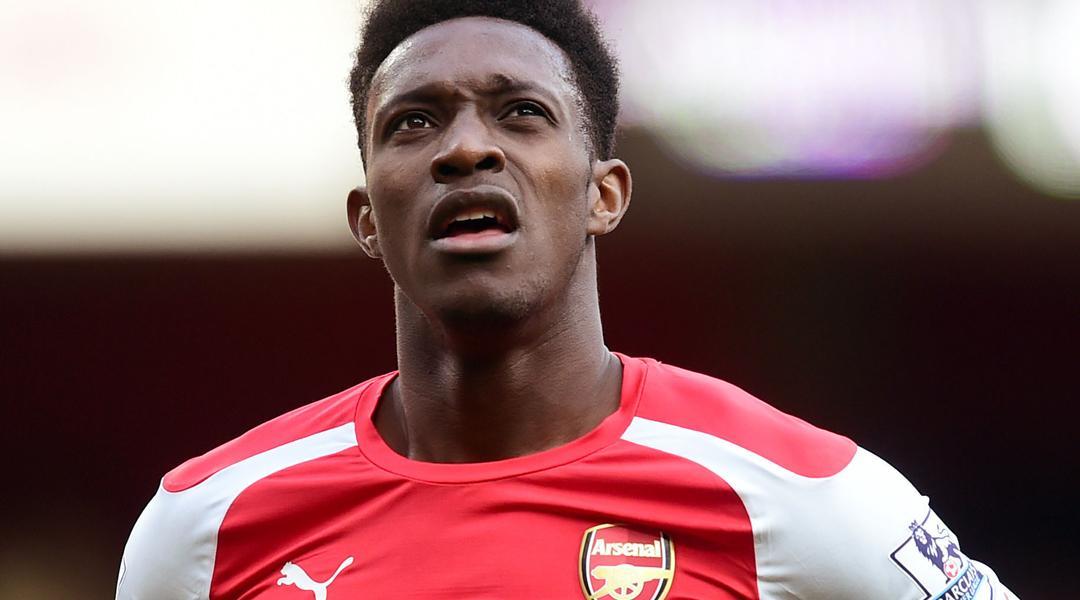
The underrated Olivier Giroud may not be everyone’s cup of tea (perhaps it’s the over-coiffed hair, or his slightly robotic running style) but despite his horrendous catalogue of misses at home to Monaco, the Frenchman scored a healthy 18 goals in 35 games last season, including key strikes against rivals Manchester City and Liverpool. Sanchez has also proved a revelation in his first season at the Emirates Stadium, netting 25 goals including his stunner in the FA Cup final. Yet beyond Sanchez and Giroud, striking options are limited. Wenger promised that he would play Danny Welbeck through the middle and turn him into a goalscorer, but the jury is out on the former Manchester United man. Despite some useful approach play, his finishing remains erratic.
Arsenal simply don’t have a coterie of three or four top forwards at their disposal unlike Manchester City and, to a lesser extent, Chelsea.
They lack a goal-getter like Sergio Aguero or Diego Costa in the ranks, and the Gunners lag behind in this area. Addressing this issue needs to be a priority for Wenger this summer – though it won't come cheap.
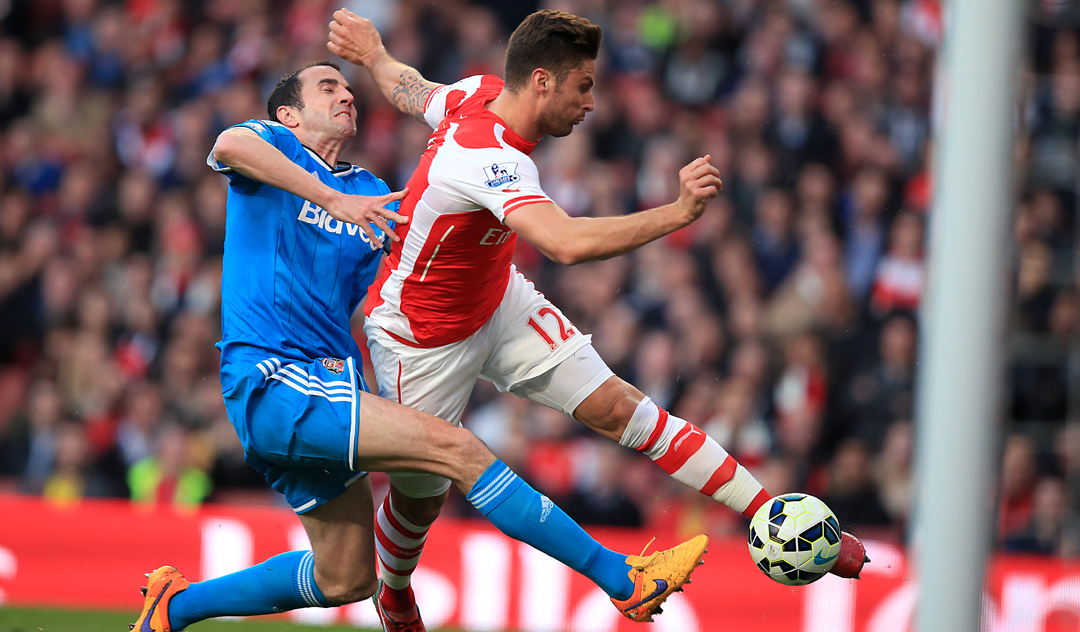
Sort out ongoing injury issues
Get FourFourTwo Newsletter
The best features, fun and footballing quizzes, straight to your inbox every week.
According to Telegraph Sport, in the 10 years that followed the 2004/05 season, Arsenal players have suffered a total of 312 'significant' injuries (i.e. missing 10 or more playing days).
To put it another way, 13,161 playing days have been lost to injury. In comparison, Chelsea players have cumulatively missed just over 7,000 days. Abou Diaby, Kieran Gibbs, Mikel Arteta and Tomas Rosicky were among those unfit for duty in the latter stages of the season.
Whether that’s down to over-intensive training regimes, soft tissue damage or plain bad luck, there’s not been a leading light at the club in the past decade who hasn’t spent a significant portion of time prostrate on the treatment table. Certainly, you could argue it has cost the Gunners a cup or two down the years.
The much-heralded arrival of Shad Forsythe, who’d worked as a trainer with the German national team, improved things in the second half of the season but there’s never been a satisfactory explanation as to what the root cause is. The club needs to find an answer.
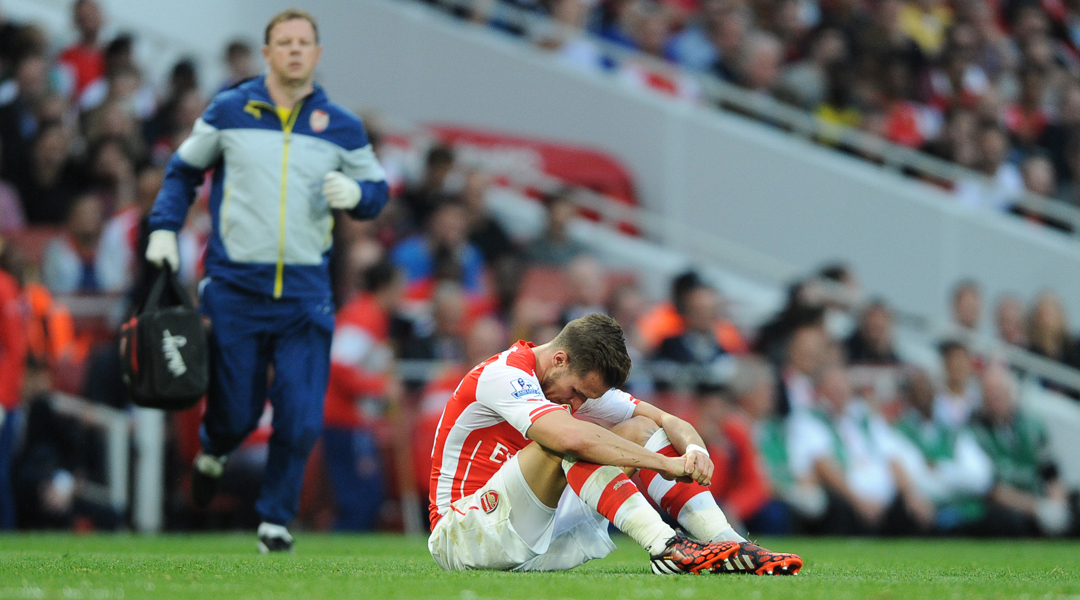
Solve Walcott and Wilshere conundrum
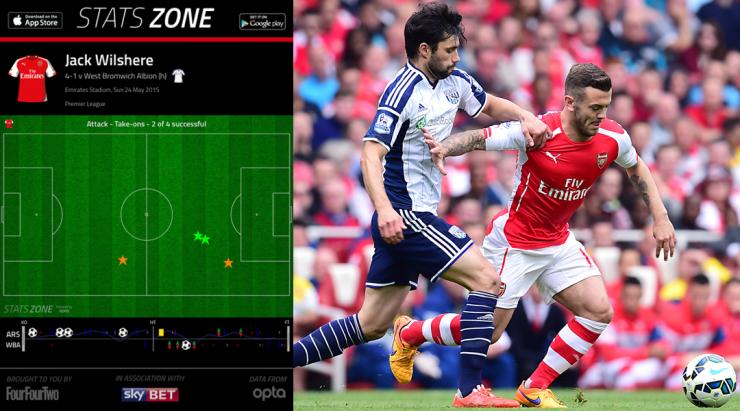
With the obvious exception of Diaby, only the England duo have spent more time on the sidelines. When Jack Wilshere and Theo Walcott made scoring returns to the team in the final league match of the campaign at home to West Brom, they ran over to embrace club physio Declan Lynch, who’s departing the club this summer for Bath Rugby. Injuries have hampered the pair’s progress, but they pose different problems for their manager.
At 26, Walcott should be at the peak of his powers, but even when he’s fit his form can be fitful. Wenger has suggested he might be moved into a central position up front – the player has long been in favour of the switch – but his finishing has often proved erratic in the past, despite his thumping opener in the cup final.
Meanwhile, the cigarette-wielding, Tottenham-baiting Wilshere may not have taken kindly to Paul Scholes’ suggestion last year that he “looks no better than when he broke into the first team at 17” but he hasn’t morphed into the force he should be. Not yet, anyway.
Although Walcott’s contract talks rumble on, Wenger (who was reluctant to play Walcott after his return from injury in the New Year) seems unlikely to cash in on his asset after the cup final heroics. Next year, then, is a big one for the forward. Can he deliver across a season?
If not, it’s time Wenger found someone who can. As for the feisty Wilshere, he missed out on a starting berth at Wembley because Aaron Ramsey, Santi Cazorla and Francis Coquelin are ahead in the pecking order. The 22-year-old stands at a crossroads for Arsenal, and needs a good season before it's too late.
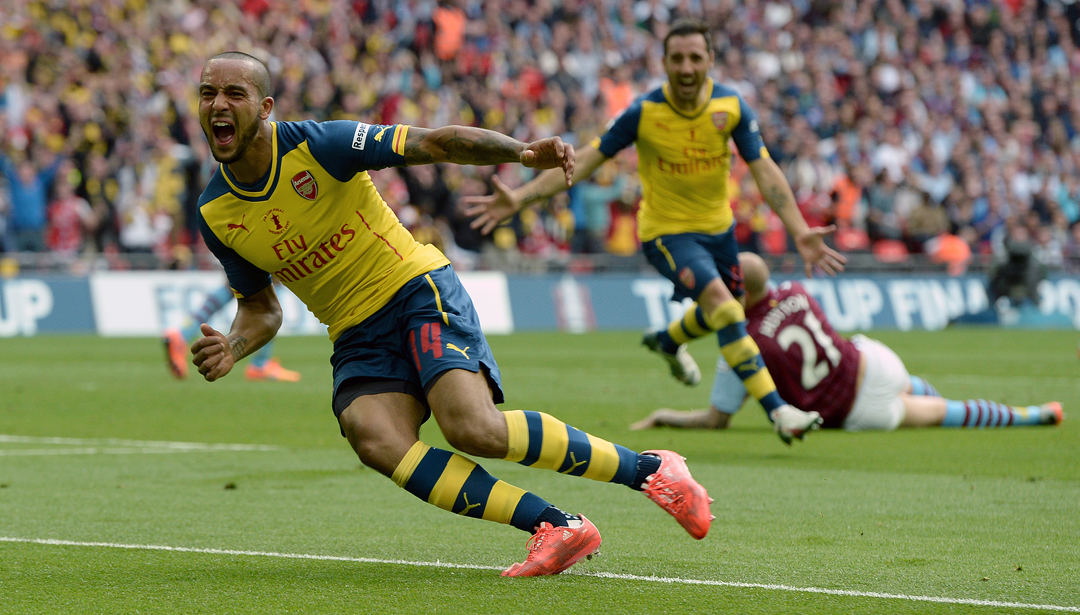
Slot in dominant midfield enforcer
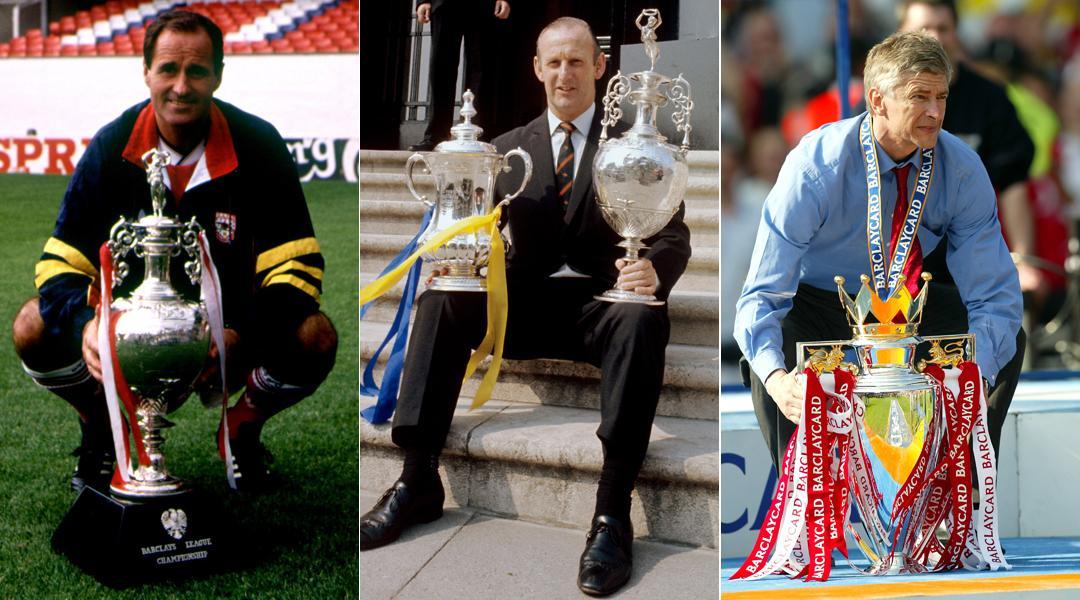
Wenger’s Double-winning sides of 1997/98 and 2001/02, and the Invincibles of 2003/04, relied heavily on the Vieira-Petit and Vieira-Gilberto combinations in the middle of the park. Brick walls of height and muscle, they not only marauded forward at every available opportunity, but also screened the back four magnificently. “I had a back six when I needed it,” Wenger recalled.
Those sides were an interlocking whole. But over the last decade, the Frenchman has sacrificed power for pace, preferring diminutive playmakers to midfield titans. It's meant that, on occasion, the midfield has simply been overrun: witness the away defeats at Stoke, Southampton and Chelsea last season. It’s not always the defence’s fault – sometimes they’re simply not protected enough. Wenger has begun to address the issue, signing gigantic Polish youngster Krystian Bielik in January, but he’s one for the future.
The emergence of Coquelin has added some much-needed steel to the midfield, but Arsenal need another domineering presence to move forward, fall back, do the dirty work in the 'dark area' of the pitch and allow Mesut Ozil and inventive Cazorla to pull strings. The ageing Mathieu Flamini and Mikel Arteta aren’t up to the job, but it would be no surprise if Wenger opted for someone new to make or break the role next season.
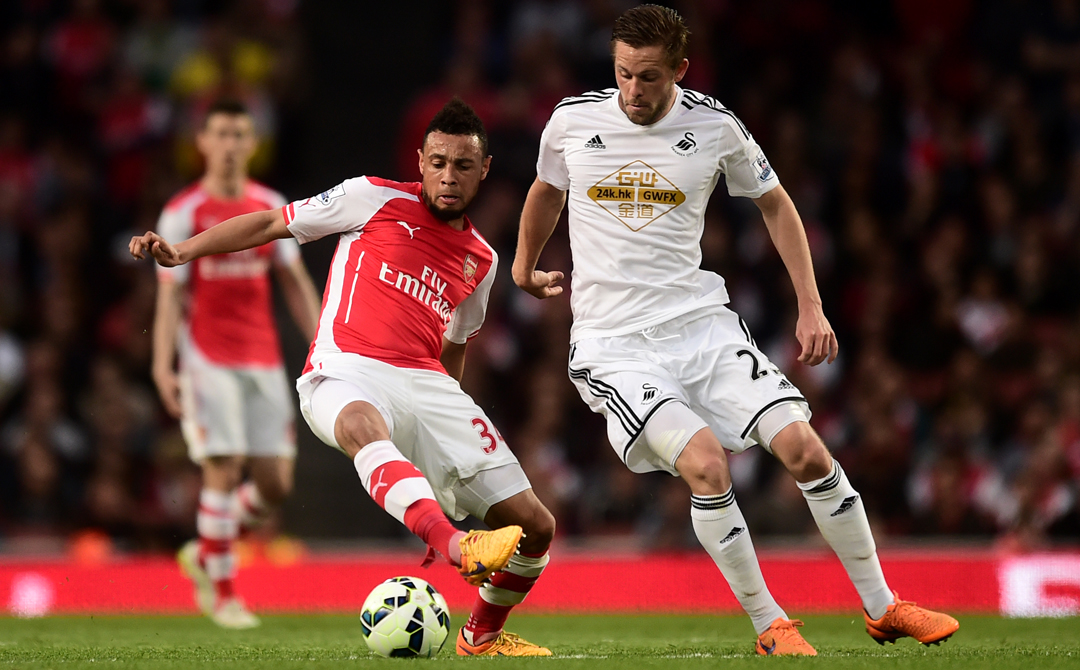
Come up with effective Plan B
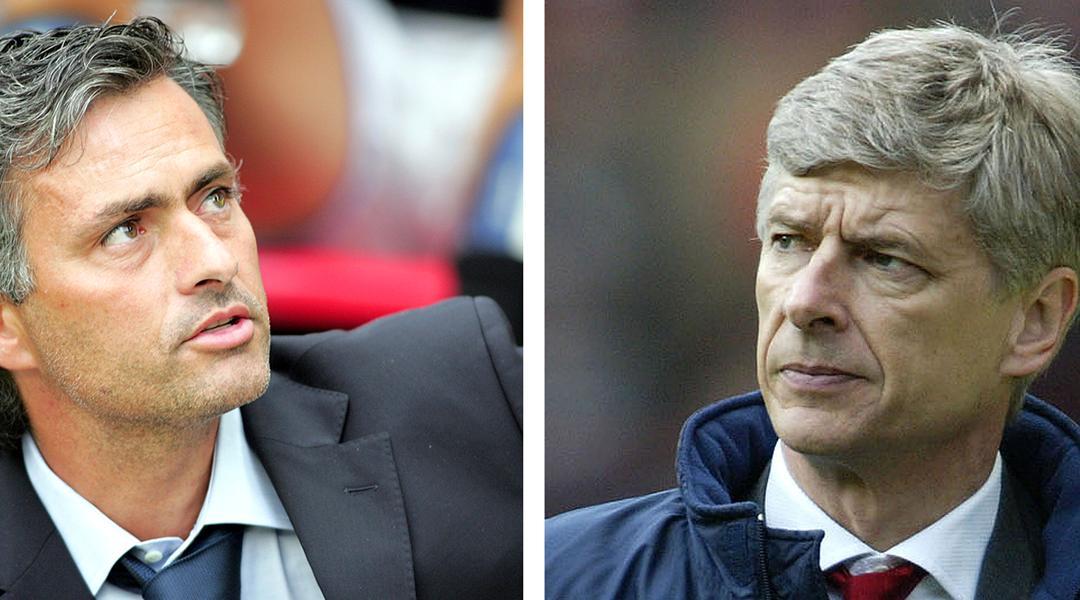
The Gunners enjoyed some notable wins on their travels last season, chalking up victories at the Etihad Stadium in the Premier League and Old Trafford in the FA Cup. But they can’t negotiate their way past Jose Mourinho’s Chelsea, and it’s become increasingly personal. Wenger has never defeated Mourinho, and he needs to understand that attempting to dance and swerve, in tried and tested fashion, past the parked bus doesn’t work.
Arsenal are at their weakest when they get suckered in by teams playing on the rapid counter-attack, which is precisely how Monaco spiked their guns at the Emirates. There’s more than one way to win a football match, as Wenger knows from his early Gunners teams that weren’t averse to winning 1-0 when it mattered.
It hinges on whether Wenger can be coaxed into adopting a more pragmatic and patient defensive approach on crucial European nights, and against the obdurate Chelsea. When the occasion dictates, boring isn’t always bad. Unless Wenger adapts, his team is likely to repeat their mistakes of the recent past.
Jon Spurling is a history and politics teacher in his day job, but has written articles and interviewed footballers for numerous publications at home and abroad over the last 25 years. He is a long-time contributor to FourFourTwo and has authored seven books, including the best-selling Highbury: The Story of Arsenal in N5, and Get It On: How The '70s Rocked Football was published in March 2022.

